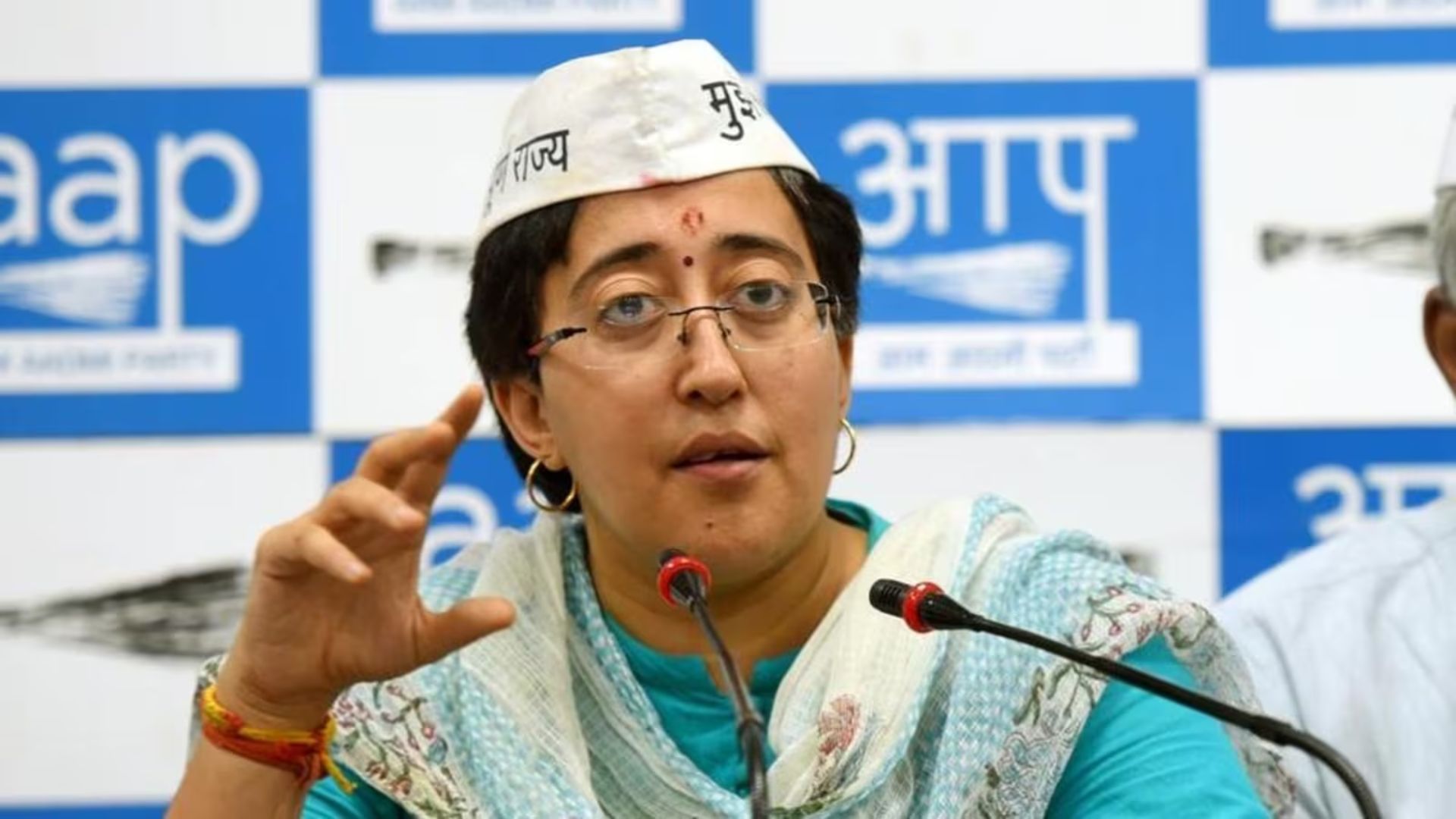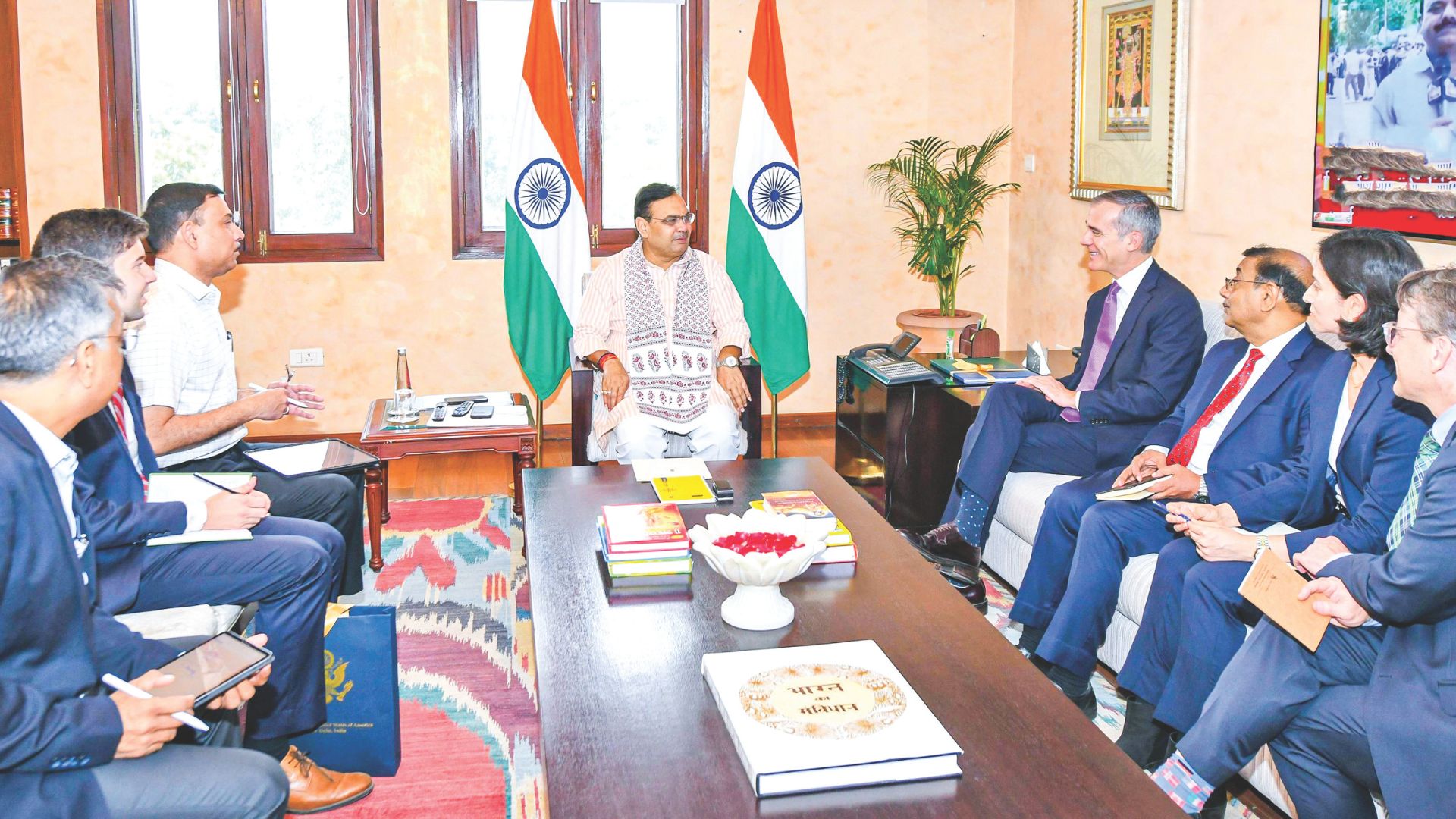
Aam Aadmi Party (AAP) minister Atishi accused the Bharatiya Janata Party (BJP) on Friday of using the Enforcement Directorate (ED) to investigate AAP’s strategy for the 2024 elections. She questioned the relevance of the ED searching a month-old phone, noting that it could not have been used during the period under investigation.
During a press conference in Delhi, Atishi stated, “Yesterday in Rouse Avenue Court during the hearing of Arvind Kejriwal’s remand, ED’s counsel ASG SV Raju unknowingly presented the real motive of the agency before the court, before the world. He said that ED needs to have custody of Arvind Kejriwal for a few more days because Kejriwal has not given them the password of his phone. This is the same ED that had said that the phone that was used by Arvind Kejriwal at the time of the forming and implementation of the liquor policy could not be found by them.”
“The excise policy was formed in the year 2021, was implemented from November 2021 to August 2022, From August 2022, 1.5 years passed on and the ED says that phone seized by them is months old. I want to ask them, that what do they want to search in a month old phone? When they themselves know that the phone does not belong to the time when liquor policy was implemented,” she added.
Atishi alleged that the BJP’s interest lies in accessing AAP’s Lok Sabha election plans and constituency surveys through Kejriwal’s phone, using the ED as a tool to achieve their political objectives. She said, “They want to find the Lok Sabha strategy for 2024 elections. The conversations between INDIA alliance and Arvind Kejriwal will be found in the months old phone. The survey of AAP, constituency by constituency, will be found in that phone. The ED doesn’t want the password of Arvind Kejriwal’s phone, the BJP wants the password. Through ED, they want to know, how the AAP is preparing to contest the Lok Sabha elections.”
Meanwhile, The Rouse Avenue Court on Thursday extended the custodial remand of Delhi Chief Minister Arvind Kejriwal by four more days in a money laundering case related to the Excise Policy.















